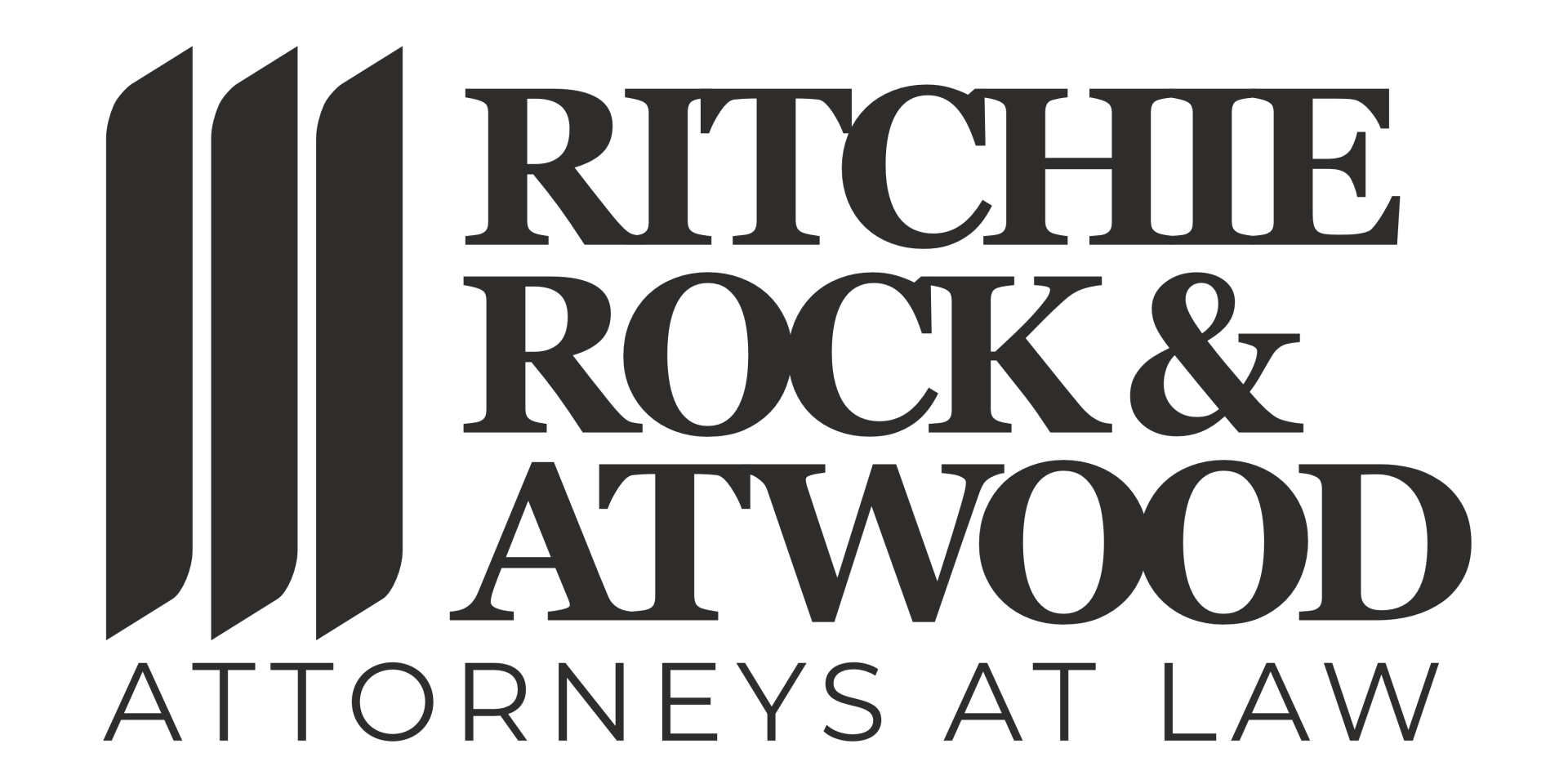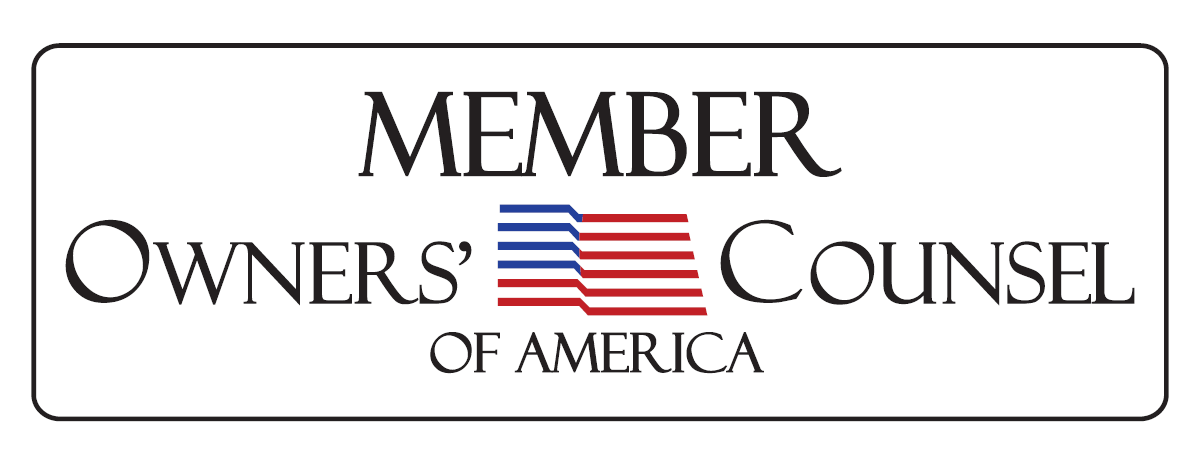Business – Corporate Law
Business Law is a broad area of law. It covers anything that has to do with the creation, management, transfer or the conclusion of businesses. Below are commonly encountered issues that business owners should be aware of in order to properly protect and manage their business.
Choosing a Business Type
If you have a business, you need to protect the business, but more importantly, you need to protect yourself. There are several types of business structures. Knowing which business structure will protect you personally and support your business goals is crucial for the success of your business. The most common are:
Sole Proprietorship
A sole proprietorship is a type of business that is owned by one sole owner. It is not required to be registered with the State or IRS. Because it is not registered with the State, it does not provide any legal protection and your personal assets may be at risk if your business gets into legal or financial trouble. Because of personal liability and risk, this business type is rarely advised.
Partnerships
A partnership is when two or more people form a business to share in the profits, ownership, and liabilities. Oklahoma allows several specific types of Partnership. General, Limited and Limited Liability. The type of Partnership that fits your business will depend on the goals of the partners. To set up a Partnership, it is recommended and a Partnership Agreement is well written and signed by all the Partners. The partnership must also register with the Secretary of State and Oklahoma Tax Commission.
Limited Liability Companies (LLCs)
LLCs are probably the most common and recommended business structure for small businesses. They can be owned by one person or jointly owned by multiple. They provide several tax benefits to the owners and should be registered with the IRS to obtain an EIN number. These protect owners from personal liability for financial issues and many lawsuits. They, however, do not protect the owner from personal liability when they may be personally negligent.
Corporations
Corporations can be formed as a C-Corp or an S-Corp. The primary difference is how they taxed and an S-Corp is limited to the number of owners but will still fit most startups. It is wise to speak with a CPA prior to determining which one better fits your business. A C-Corp is taxed as an entirely separate entity and files its own taxes. The shareholders may be taxed secondarily on their incomes. An S-Corp allows for taxes to pass through to the shareholder individually. Both types limit personal liability and use the same documentation to form and govern the business.
Agents of the Business
A person with authority to make decisions for a business is considered an agent of the business. Most of the time it is the owner or another director but many times an agent of a business may be an employee. If a person does not have authority to act as an agent, the business needs to take steps to protect itself so that the person cannot rack up debt or harm the business through their unauthorized actions. A person can become an agent of a business by having actual authority or by having apparent authority. It is also possible for an unauthorized agent to become an authorized agent through ratification. If you have a business, it is important to know how to determine who is an agent, and how to protect the business from acts of unauthorized agents.
Duty of Care
A director of a business owes the business a duty of care. When making business decisions, a director must exercise the care that a reasonable person in a similar position would exercise under similar circumstances. It is the burden of a Plaintiff claiming that the duty of care was breached to show that a director violated their duty of care. There can be a violation of the duty of care by either failing to take action when an action should have been taken or by taking an action that harms the business. In determining if a duty of care was violated by a director, a court will apply the Business Judgment Rule. The Business Judgment Rule prevents a court from second-guessing a poor business decision made by a director as long as the decision was informed, made in good faith and made without a conflict of interest.
Duty of Loyalty
A director or agent of a business owes a duty of loyalty to the business. This duty requires the director or agent to act in good faith and with a reasonable belief that the actions they take are in the best interest of the business. The Business Judgment Rule that applies to the duty of care does not apply to a duty of loyalty. Duty of loyalty issues often arises when a director conducts business with a close friend, relative or with another business in which the director has an interest without disclosing their interest to the others in the business.
Vicarious Liability
A business is liable for actions taken by its employees that are within the scope of their employment through. It is important to know how to create and limit the scope of an employee to protect the business. This can be done by creating a job description and responsibilities when hiring a new employee. It can also be done by creating an employee handbook for your business.
Employee v. Independent Contractor
Unlike an employee, a business may not be held liable for actions taken by an independent contractor. In determining if a person working for a business is an employee or an independent contractor, a court will consider many factors including: the skill required for the job, tools, and facilities of the job, period of hire, basis of compensation, the purpose of the business and the distinction of the business.
Sale, Transfer or Dissolution of a Business
When its time to change ownership or to close a business, there are various ways to do it depending on the business structure. Knowing your options can help to make a better business decision on how to sell or dissolve your business.
Non-Disclosure and Protection of Information
With technology increasing in the workplace and data storage, it is important for a business to protect its confidential information from being shared or taken when an employee leaves the business. Setting up protections before an issue occurs with contracts, employee handbooks, and properly marked documentation is essential to protecting a successful business from competitors.
SHARE THIS INFORMATION
Firm’s Primary Geographical Practice Region For Business Law
- Oklahoma City, Oklahoma
- Tulsa, Oklahoma
- Pryor, Oklahoma
- Claremore, Oklahoma
- Jay, Oklahoma
- Shawnee, Oklahoma
- Oklahoma County, Oklahoma
- Tulsa County, Oklahoma
- Rogers County, Oklahoma
- Wagoner County, Oklahoma
- Mayes County, Oklahoma
- Delaware County, Oklahoma
- Pottawatomie County, Oklahoma





